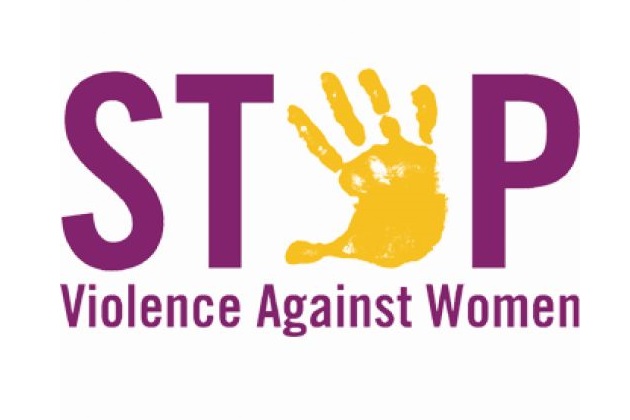

In the past few days, a video of a former youth corps member, Towobola, who underwent a dehumanizing treatment from some policemen went viral on social media.
According to the video, she was said to have been arrested with a wanted armed robber and kidnapper in Ibadan, Oyo State.
The lady, Towobola, a twenty-five-year-old was handcuffed and interrogated about issues that were so private to her life.
In the video, Towobola was seen crying, begging and expressing her innocence to all the charges levelled against her.
This is indeed a show of shame and a clear act of impunity.
No doubt, this is just one of the many cases of assault on women in recent times in Nigeria.
Violence against women and girls is one of the most widespread, persistent and devastating human rights violations and it remains largely unreported due to the impunity, silence and stigma associated with it.
Impact of violence against women ranges from immediate to long-term multiple physical, sexual and mental consequences for women and girls, including death.
It negatively affects women’s general well-being and prevents women from fully participating in societal development.
Violence not only has negative consequences for women but also their families, the community and the country at large.
It has tremendous costs, from greater health care and legal expenses and losses in productivity, impacting national budgets and overall development.
Violence against women and girls not only devastates women’s lives and divide communities, but it also undermines development efforts and the building of strong democracies and just, peaceful societies.
Violence locks women and girls into poverty.
It limits women’s choices; their ability to access education, earn a living and participate in political and public life.
Poverty exposes them to further violence and lack of options.
Not enough is done to prevent violence, and when it does occur, it often goes unpunished.
As it is being done in developed countries, governments at both federal and state levels should come up with more policies that will protect women from the claws of men.
According to the World Health Organisation, W.H.O., men with low education are more likely to perpetrate violence.
Also, men with history of child maltreatment, exposure to domestic violence against their mothers, harmful use of alcohol, unequal gender norms including attitudes accepting of violence, and a sense of entitlement over women are said to be perpetrators of violence against women.
To this end, government and every stakeholder must rise up to the fight in ending violence against women in the society, which will make them have a sense of belonging in the society.
Olaolu Fawole